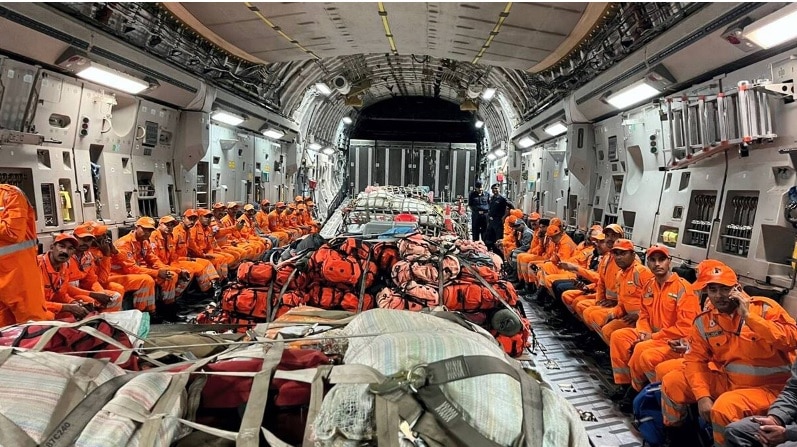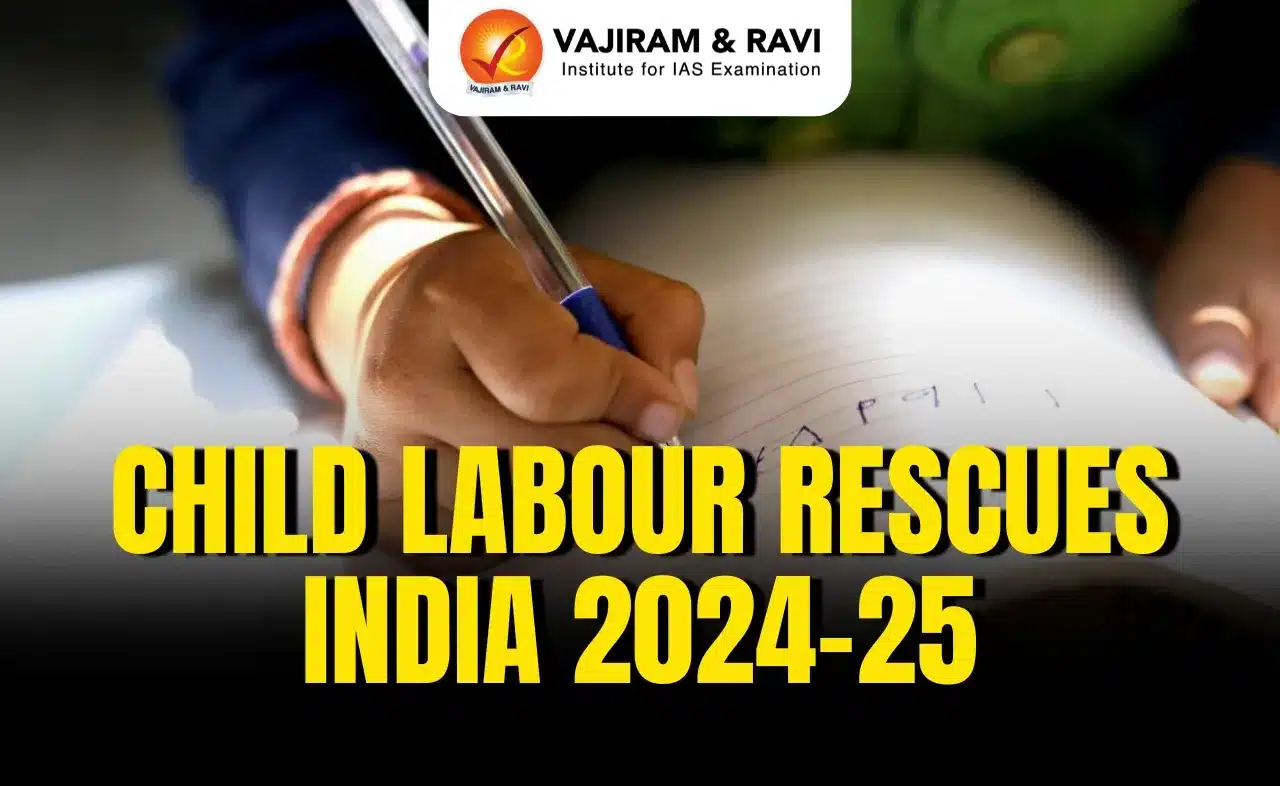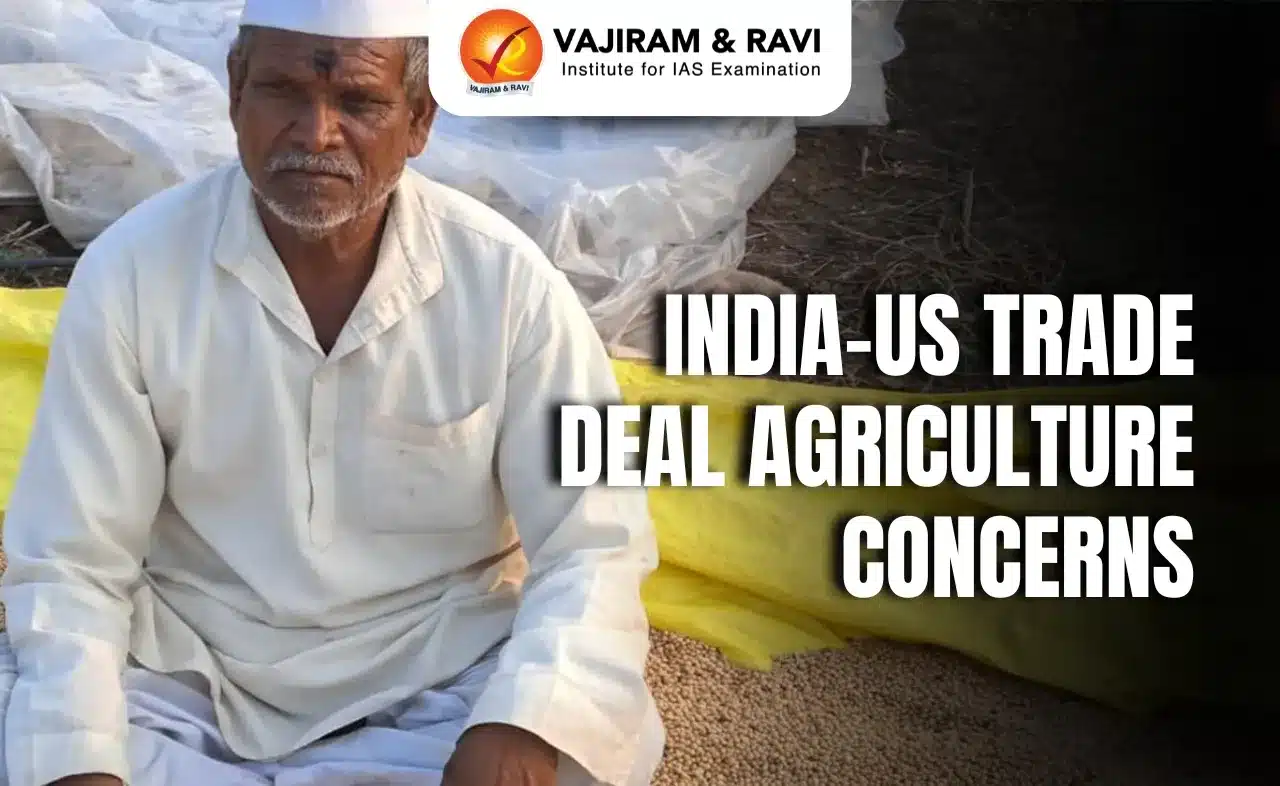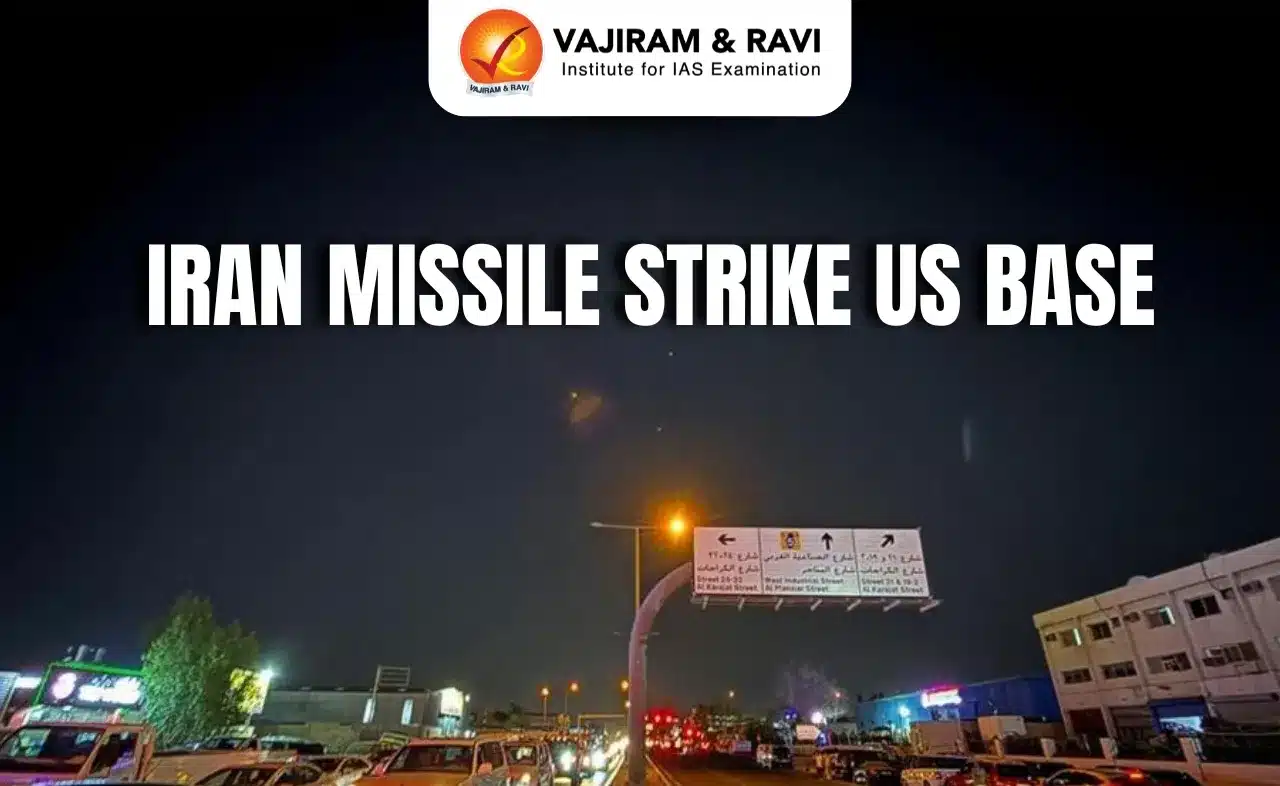What’s in today’s article?
- Why in news?
- Background of India-Turkey Relation
- Political relation
- Economic & Commercial Relations
- Cultural Relations
- Indian Community
- Challenges in the relationship
- Conclusion
Why in news?
- India has sent rescue and medical teams, including an Army medical team and National Disaster Response Force (NDRF) personnel, along with medical supplies to quake-hit Turkey.
- More than 7000 people have been killed and thousands injured by a huge earthquake which struck south-eastern Turkey, near the Syrian border.
- India also sent relief materials, including lifesaving medicines and medical items, in a transport aircraft of the Indian Air Force (IAF) to Syria.
Background of India-Turkey Relation:
- Diplomatic relations were established and Ambassadors exchanged in 1948.
- Since the establishment of diplomatic relation, political and bilateral relations have been warm and cordial.
- However, some sporadic tensions remain in the relationship due to Turkey’s support for Pakistan. Its stand on Kashmir has also been a problem area between the two countries.
Political relation
- After the diplomatic relations were established, the visit by the first PM Nehru in 1960 was the first prime ministerial visit to Türkiye.
- Most recent political level contacts include a bilateral meeting between PM Modi and Turkish President Recep Erdogan in September 2022 on the sidelines of the SCO Summit in Samarkand (Uzbekistan).
Economic & Commercial Relations
- Bilateral Trade Agreement between India and Türkiye was signed in 1973.
- It was followed by an Agreement on setting up an India–Türkiye Joint Commission on Economic and Technical Cooperation (JCETC) in 1983.
- Bilateral trade crossed USD 10.70 billion in 2021-22.
- India’s export to Tukey for 2021-22 was $ 8,716.13 million.
- India’s import for this period was $ 1,996.75 million.
- The major Indian exports to Turkey include:
- petroleum products, auto components/parts, man-made yarn, fabrics, made ups, aircraft & spacecraft parts, etc.
- Imports from Turkey include:
- industrial machinery, broken/unbroken poppy seeds; machinery and mechanical appliances, iron and steel articles thereof, inorganic chemicals, granite and marble, etc.
- Indian companies have invested about USD 126 million in Turkey and Turkish investment in India is about USD 210.47 million.
Cultural Relations
- India and Türkiye have traditionally shared cultural linkages. There is a formally agreed arrangement for cultural cooperation through a Cultural Exchange Programme (CEP).
- A Festival of India in Türkiye, India by the Bosphorus, was held in March-April 2019 showcasing Indian dance, music, food and fashion in major cities in Türkiye.
- The Indian Council of Cultural Relations (ICCR) sponsored a Gujarati folk dance group ‘Saptak’ visited Bursa (Türkiye) in the 34th International Golden Karagoz Folk Competition in July 2022.
Indian Community
- Türkiye has a small Indian community of around 2000 people. They are mostly in Istanbul and working in commercial organizations, banks and computer firms, universities etc.
- There are currently around 200 Indian students in Türkiye.
Challenges in the relationship
- Tukey’s stand on Kashmir
- In 2022, Turkish PM Erdogan, in his UN General Assembly speech, criticized India for failing to resolve ties with Pakistan and establish a fair, permanent peace and prosperity in Kashmir.
- Abrogation of Article 370 by India
- After the abrogation of Article 370 in 2019, which abolished the special status of Jammu and Kashmir, India-Turkey ties have deteriorated.
- Turkey has fast emerged as a hub of anti-India activities
- Turkey follows a three-pronged approach to in this regard:
- employment of Kashmiri journalists,
- providing scholarships to Indian Muslims, and
- funding NGOs in India to influence Indian Muslims.
- Turkey also encourages radical Kashmiri youth to shift base to Istanbul and Ankara.
- Moreover, Turkey-made pistols were recovered from Pakistani terrorists earlier this year.
- Turkey follows a three-pronged approach to in this regard:
- Issue of Cyprus, Armenia and Greece
- In response to the stand taken by Turkey on Kashmir, PM Modi responded by holding meetings with the leaders of Armenia, Cyprus, and Greece, three countries with which Turkey has disputes.
- In 2021, Indian EAM Jaishankar met the foreign minister of Cyprus and called for adhering to the UNSC resolution on Cyprus.
- Turkey has been routinely criticized for its illegal occupation of Northern Cyprus.
- In the most recent border dispute between Armenia and Azerbaijan, India encouraged an end to hostilities by the aggressor side, which many believe to be Azerbaijan.
- Armenia and Azerbaijan are fighting over the disputed Nagorno-Karabakh region.
- In this war, Turkey has supported Azerbaijan.
Conclusion
- The stalemate in India-Turkey relations stems from Turkey’s inability to decouple itself from Pakistan and the Kashmir issue and conduct relations with India independently.
- Turkey is looking for avenues to strengthen its dwindling economy. Improved ties with India would certainly help Turkey in this regard.
Q1) What is the geographical location of Turkey?
Turkey is located in Southeastern Europe and Southwestern Asia. European (or Balkan) Turkey is relatively small compared to the Asian part, the Anatolian Plateau, which is a large peninsula. Turkey is surrounded on three sides by the Black Sea, the Mediterranean Sea, and the Aegean Sea.
Q2) What is National Disaster Response Force (NDRF)?
The Disaster Management Act has statutory provisions for constitution of National Disaster Response Force (NDRF) for the purpose of specialized response to natural and man-made disasters. Accordingly, in 2006 NDRF was constituted.
Source: Army medical, NDRF teams land in Turkey with relief material | Indian Embassy in Ankara | The Diplomat
Last updated on June, 2025
→ UPSC Notification 2025 was released on 22nd January 2025.
→ UPSC Prelims Result 2025 is out now for the CSE held on 25 May 2025.
→ UPSC Prelims Question Paper 2025 and Unofficial Prelims Answer Key 2025 are available now.
→ UPSC Calendar 2026 is released on 15th May, 2025.
→ The UPSC Vacancy 2025 were released 1129, out of which 979 were for UPSC CSE and remaining 150 are for UPSC IFoS.
→ UPSC Mains 2025 will be conducted on 22nd August 2025.
→ UPSC Prelims 2026 will be conducted on 24th May, 2026 & UPSC Mains 2026 will be conducted on 21st August 2026.
→ The UPSC Selection Process is of 3 stages-Prelims, Mains and Interview.
→ UPSC Result 2024 is released with latest UPSC Marksheet 2024. Check Now!
→ UPSC Toppers List 2024 is released now. Shakti Dubey is UPSC AIR 1 2024 Topper.
→ Also check Best IAS Coaching in Delhi













